Causality is one of those difficult scientific topics that can easily stray into the realm of philosophy.



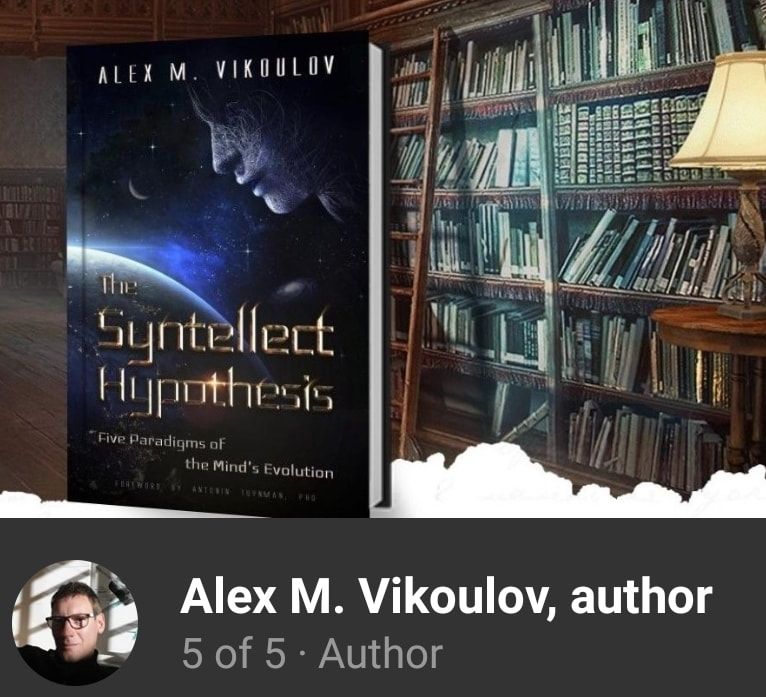
Now cosmology inches towards the next paradigm shift: One of the most mind-boggling discoveries of modernity is that the fabric of spacetime is emergent from something beneath it. “[O]ne new theory says that Dark Matter may be ordinary matter in a parallel universe. If a galaxy is hovering above in another dimension, we would not be able to see it. It would be invisible, yet we would feel its gravity. Hence, it might explain Dark Matter,” in the words of Michio Kaku as an opening quote to this article. #DarkMatter #DarkEnergy #QuantumGravity #ComputationalPhysics #MTheory #DTheoryofTime #OmegaSingularity #pancomputationalism #multiverse #ontology
Dark Matter could be ordinary matter in the “probabilistic space” and “phase space” (5th and 6th dimensions of M-theory), possibly with “dark star systems” and life, imperceptible to us at our current level of development. In turn, Dark Energy could be a.
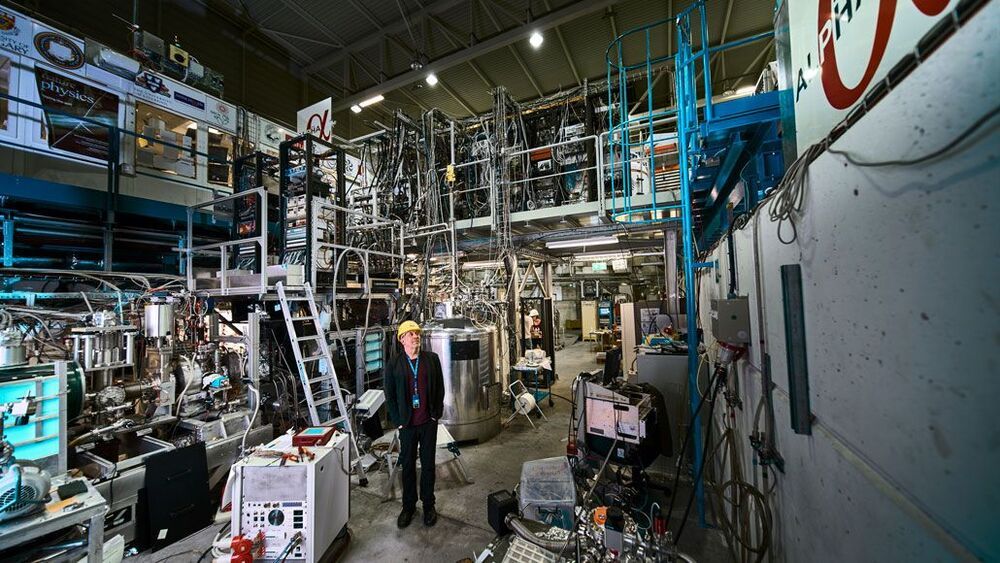
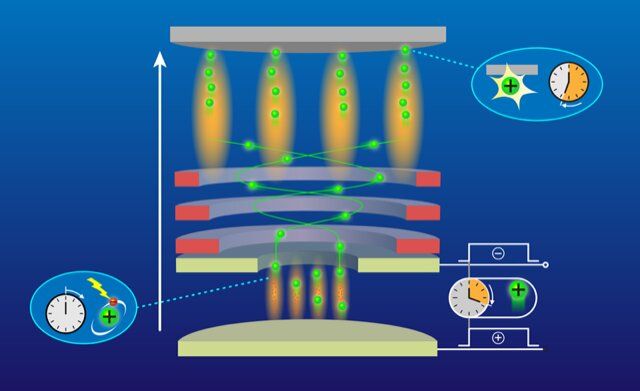
A team of researchers at Universität Stuttgart has developed an ion-optics-based quantum microscope that is capable of creating images of individual atoms. In their paper published in the journal Physical Review Letters, the group explains how they built their microscope and how well it worked when tested.
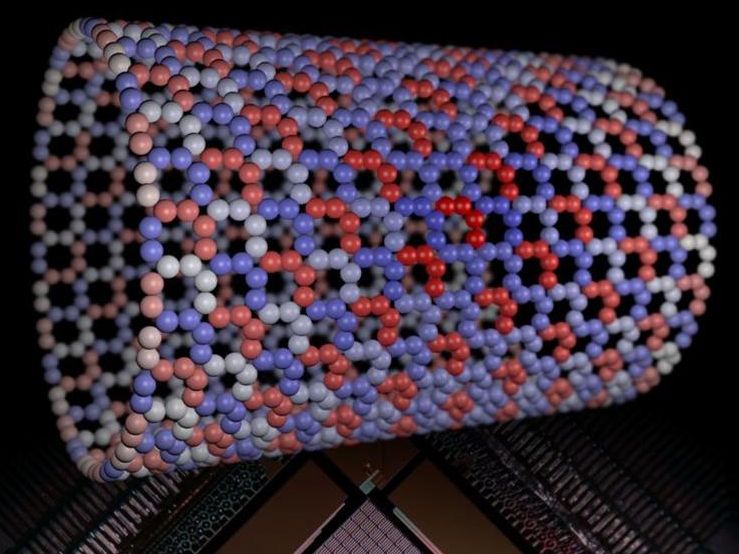
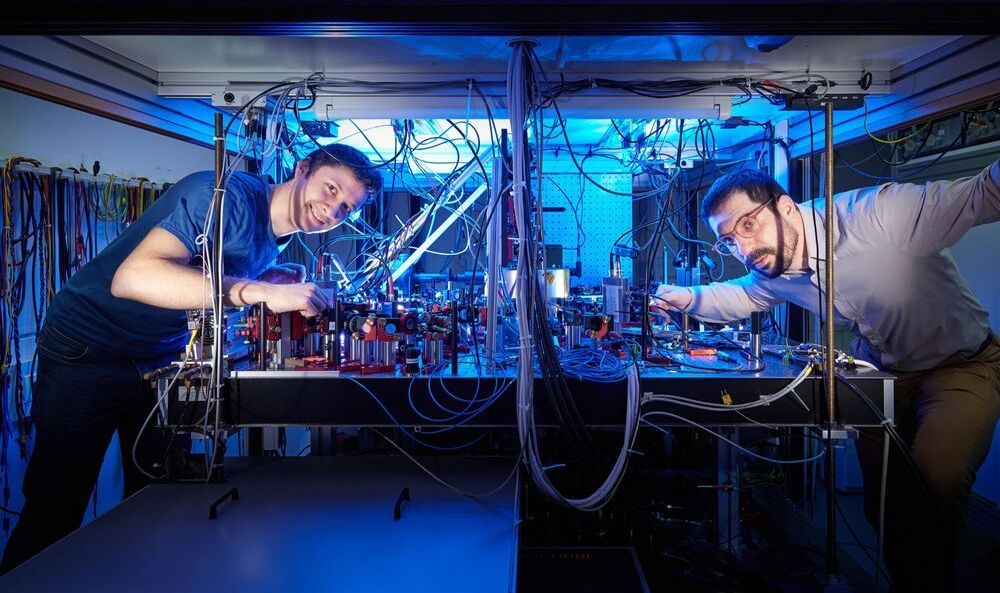
Even in the world of the smallest particles with their own special rules, things cannot proceed infinitely fast. Physicists at the University of Bonn have now shown what the speed limit is for complex quantum operations. The study also involved scientists from MIT, the universities of Hamburg, Cologne and Padua, and the Jülich Research Center. The results are important for the realization of quantum computers, among other things. They are published in the prestigious journal Physical Review X, and covered by the Physics Magazine of the American Physical Society.

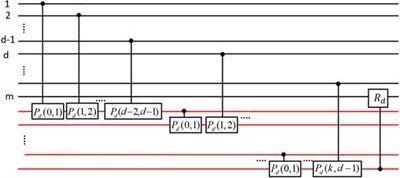
10 November 2020
Qudit is a multi-level computational unit alternative to the conventional 2-level qubit. Compared to qubit, qudit provides a larger state space to store and process information, and thus can provide reduction of the circuit complexity, simplification of the experimental setup and enhancement of the algorithm efficiency. This review provides an overview of qudit-based quantum computing covering a variety of topics ranging from circuit building, algorithm design, to experimental methods. We first discuss the qudit gate universality and a variety of qudit gates including the pi/8 gate, the SWAP gate, and the multi-level controlled-gate. We then present the qudit version of several representative quantum algorithms including the Deutsch-Jozsa algorithm, the quantum Fourier transform, and the phase estimation algorithm.
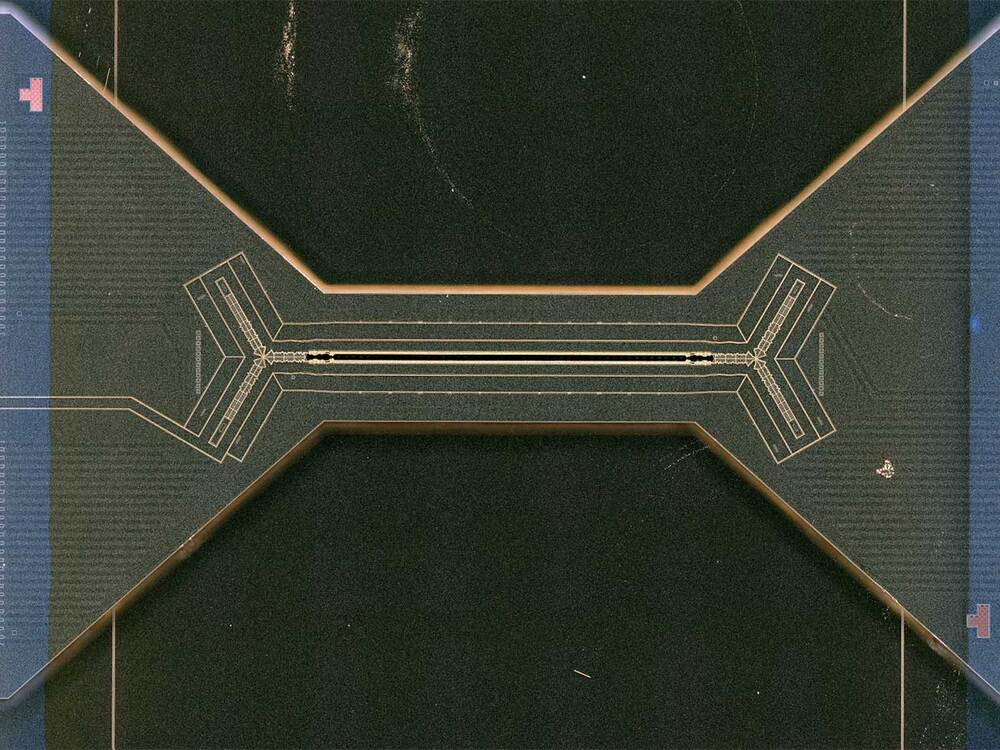
Sandia Labs pioneers Just Another Quantum Assembly Language (.
Quantum computing arguably isn’t quite full-fledged computing till there’s quantum software as well as hardware. One open-source quantum computer project at Sandia National Laboratories in Albuquerque, New Mexico aims to address this disparity with a custom-made assembly language for quantum computation.